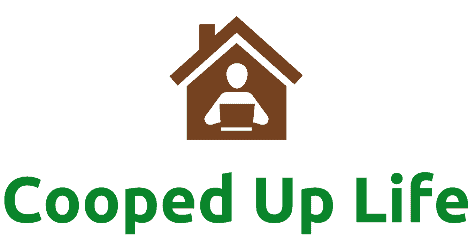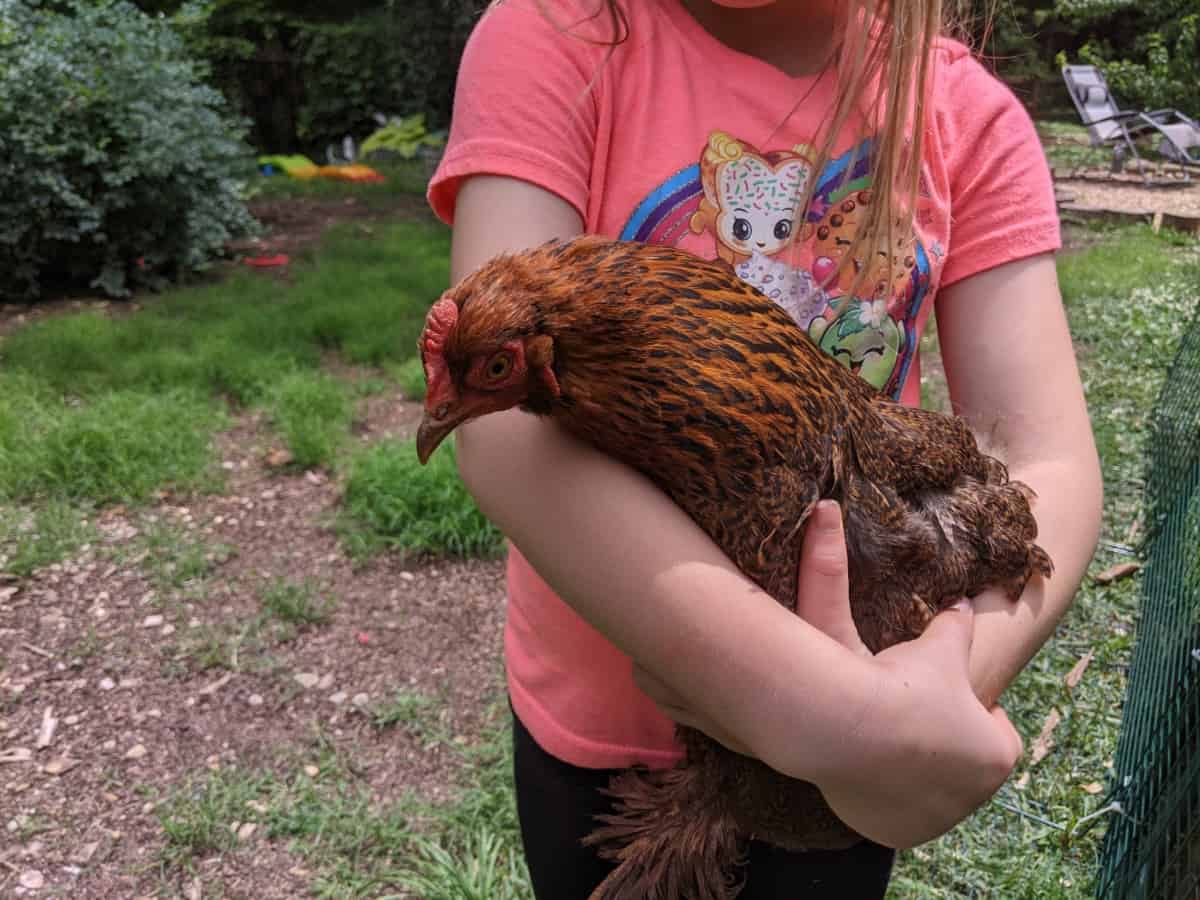We all need a holiday sometimes but going away when you own chickens adds an extra layer of difficulty and responsibility. Unfortunately, there are no chicken boarding houses, such as there are for dogs, cats, or parrots.
Chickens must be fed and watered while you are not there. There are various options available.
The best option is a house sitter or a daily chicken monitor to feed and check your chickens daily. If you are away for only a limited period, an automatic feeder, automatic waterer, and doors can assist. Ensure your chicken coop is fully enclosed with robust mesh.
This article will look at the equipment that can help feed and water your chickens while you are not there. It will also look at additional solutions and suggestions. You can safely go away without worrying about your chickens.
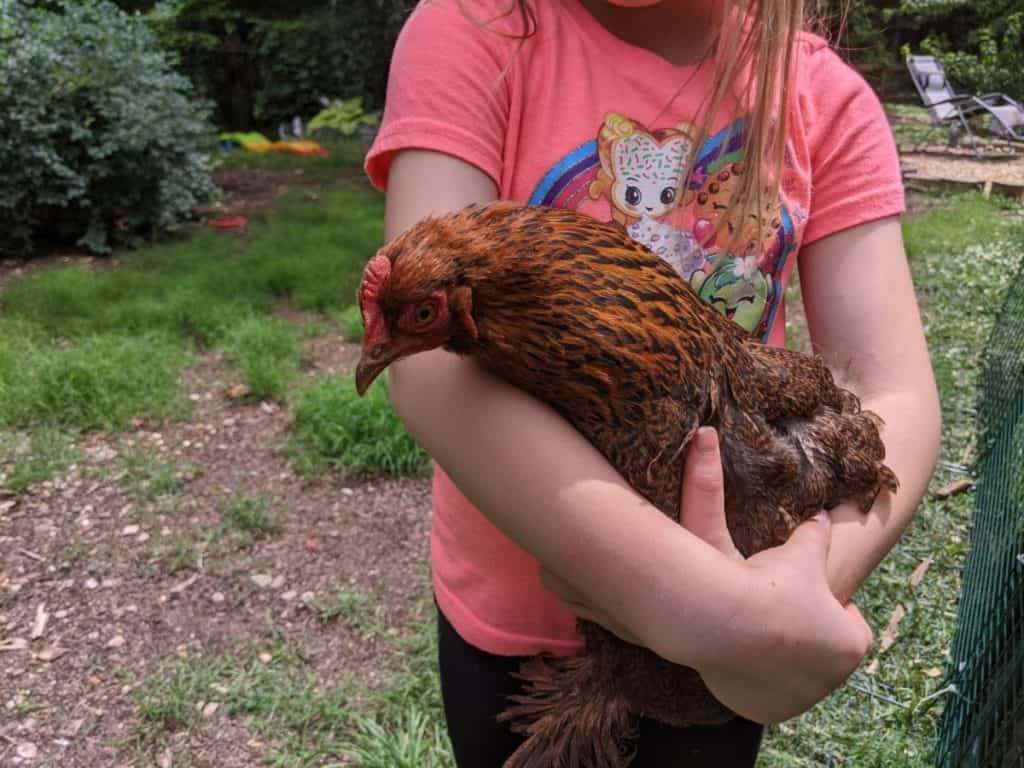
A House-Sitter To care For Your Chickens.
There are people who house sit as a profession. They charge a certain daily amount based on your location and what will be required of them during the period. The general rate is twenty-five dollars to forty-five dollars per day. There is a considerable variation in price according to where you are situated in the United States.
If you can get a house sitter that is familiar with chickens, that is the best option. The chickens will have daily care, and you can relax while on holiday, knowing that they are being cared for.
Ensure that you get references for the house sitter you use to be certain you have hired someone responsible. Some people are fortunate enough to have family members who will house sit. If your relative has not cared for chickens before, ask them to come to stay a few days early so that you can train them in caring for your chickens and collect your various colors of eggs.
An added advantage of having a house sitter is that they can care for any other pets you might have. If your household has multiple pets, it is more economical to have a house sitter and is less stressful for the pets than kenneling.
Chicken Sitter/Moniter
If you cannot afford a house-sitter, then your next best option is someone who can tend to your chickens twice a day to feed them and let them out to the run in the morning and lock them up in the hen house at night.
Sometimes a neighbor might fulfill these duties for you, either as a favor or as a business arrangement where you pay them. Neighbor’s children can also complete these tasks, but it would be wise to ensure they have an adult checking upon them. Teenagers should be responsible enough to carry out the tasks independently.
A good idea is to have a lump sum bonus payment if the chickens are all in good health when you get back home. Be reasonable with your expectations – chickens do sometimes die, so do not be harsh with your chicken sitters if a chicken dies while under their care.
Leave Detailed Instructions On Medical Care.
As we all know, chickens get sick sometimes or injure themselves. Leave detailed instructions with whoever is caring for your chickens on what to do if there is a chicken emergency or illness.
Provide the caretaker with your veterinarian’s telephone number and address. It is sensible to speak to your veterinarian and advise them that you will be away.
You can even possibly come to an arrangement where you can settle the bill after your holiday if there are any problems and your chicken needs veterinary attention.
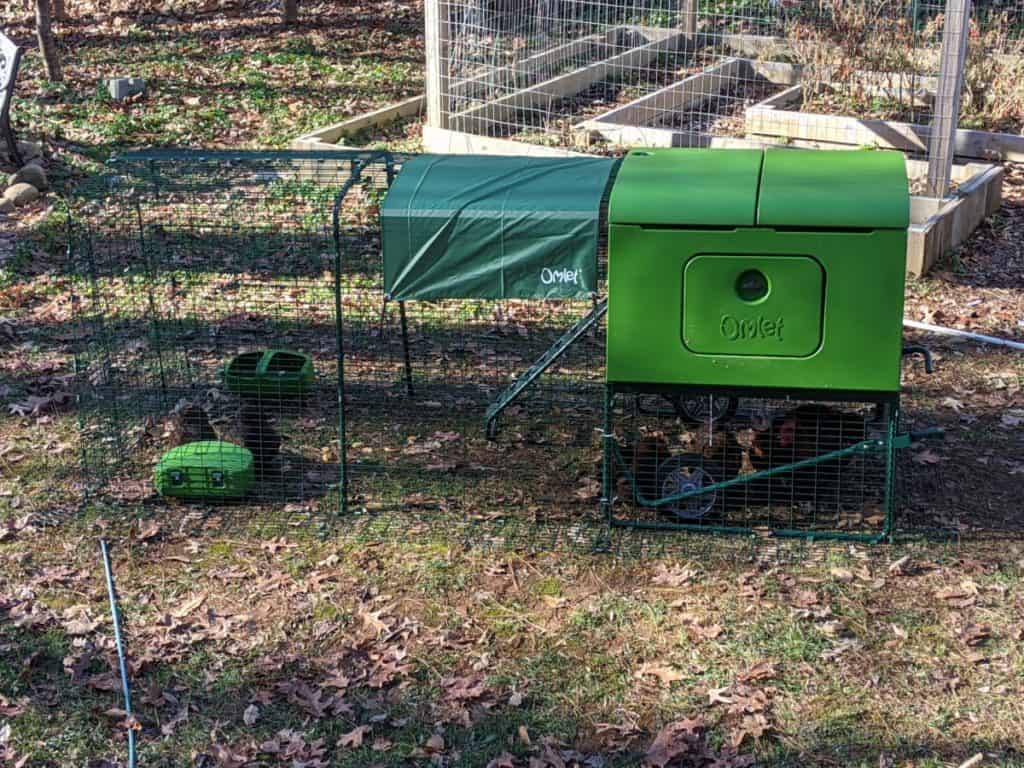
Structure Your Chicken House To Allow For Frequent Absences.
If you go away frequently, it would be wise to structure your hen house so that the chicken run is attached to the hen house and wholly enclosed and predator-proof.
The run should be large enough to provide sufficient space for all your chickens to go out. It needs to be enclosed at the top and the sides to prevent predators from climbing over the top or birds of prey swooping in to steal chickens.
If you structure your chicken coop in this way, it will not be a problem if the chickens are not shut into the hen house at night.
Use Strong Mesh For Enclosures.
It is essential to use robust mesh to enclose your chicken coop. Predators can be surprisingly strong, and if the mesh is too weak, they will quickly pull it open. The wire gauge should be as thick as you can afford and the holes in the mesh as small as you can find.
Predators such as weasels can squeeze through small gaps. Having the correct mesh for your chicken coop will give you peace of mind while you are away.
Automatic Doors.
Some backyard chicken owners install a mechanism that automatically opens the hen house door at sunrise and closes it again at sunset this is what I use on my Omlet Eglu Coop.
A light sensor can control the mechanism, or the mechanism might have a built-in timer that you program. These door mechanisms have safety features that prevent the door from closing if there is a chicken in the way so that accidents do not occur where a chicken is squashed in the door.
Automatic Feeders
Automatic feeders can be found at most feed shops. They vary in complexity, but the basic idea is that there is a large bin storing the excess feed. The storage bin is attached to a tray or bowl. As the chickens eat food, more food is deposited in the tray from the storage bin.
Automatic feeders are useful in keeping rats and wild birds from eating chicken feed. A twenty-pound chicken feeder can feed approximately twelve chickens for ten days. Experiment with your chicken feeder to ensure precisely for how long it can feed your chickens.
Ensure that there is enough feed in the feeder’s storage bin to provide your chickens with food the entire time you are away.
Automatic Waterer
Automatic waterers can be complex and attached to a mains water line. Chicken waterers can be simple and consist of a storage bucket attached to a bowl. The bowl will fill automatically as the chickens drink.
Chickens become dehydrated quickly, so it is vital to ensure that the chickens have adequate water supplies. If you have one of the simpler automatic waterers, try to purchase at least two so that if something goes wrong with one, the chickens are not left without water.
Stainless steel waterers are better than plastic waterers. The metal ones are more durable and less prone to the growth of algae. Waterers should be situated in the shade if they are outside the hen house.
Have A Chicken Checker
Even if you have an automatic door, automatic feeders, and waterers, it is a wise precaution to have someone check on the chickens every two to three days while you are away. It would be disastrous if something goes wrong with the feeder or waterer, and the chickens are left without feed and water while you are away.
It is acceptable to leave the chickens on their own if you are only away for two or three days. Should you be away for longer than that will need someone to check them periodically. The chickens may become ill or get injured. Leaving them for an extended period without medical intervention would be a welfare concern.
If you have someone checking the chickens every two to three days, that person could provide any needed intervention.
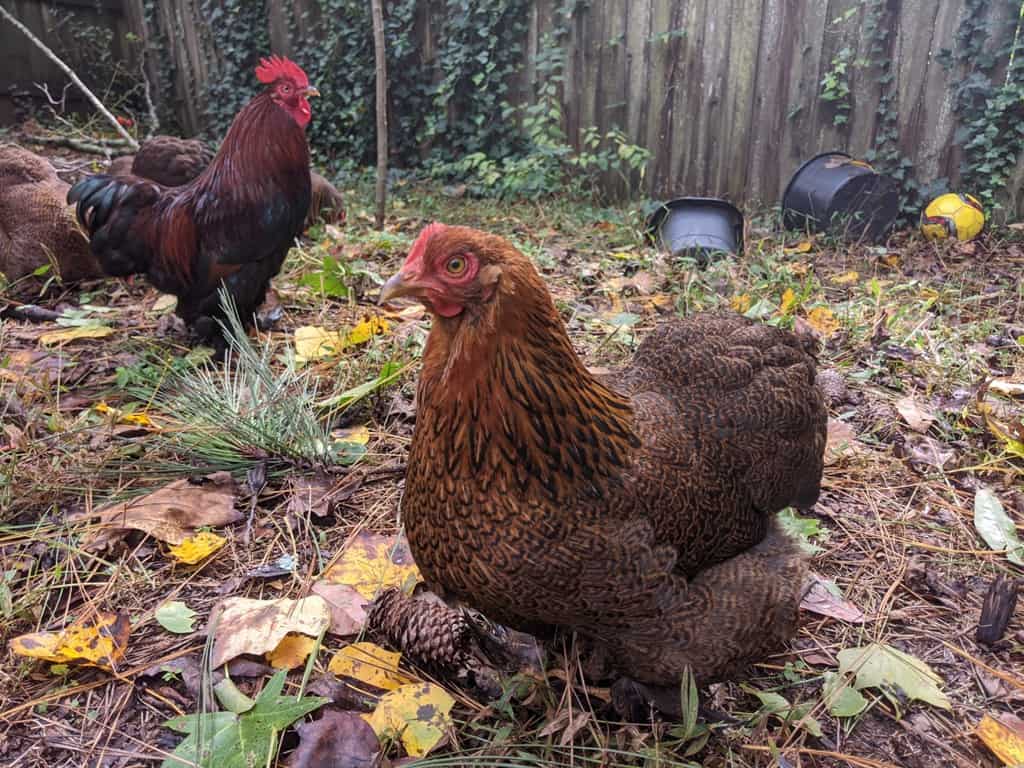
Conclusion
There are a variety of care options available for your chickens while you are away on vacation. You do not need to cancel your holiday plans for the rest of your life just because you have chickens.
House sitters and daily chicken caretakers provide the best option. There are automatic feeders, waterers, and door openers that can allow you to be away for a few days without worrying about your chickens. These automated tools can be elaborate or relatively simple.
If you are on vacation for more than three days, or during hot weather, you should have someone to check the chickens to ensure nothing has gone wrong with the automated feeder, waterer, and door. It is also wise to check that the chickens are all healthy and there have been no injuries.
